Activists and lawmakers are blaming California Governor Gavin Newsom for stalling slavery reparations bills on the state’s final day of the legislative session.
For years now, Newsom has publicly backed bills that would give reparations to the families of those affected by slavery. However, now it appears the governor has walked back this support somewhat.
Major Changes to the Reparations Bill
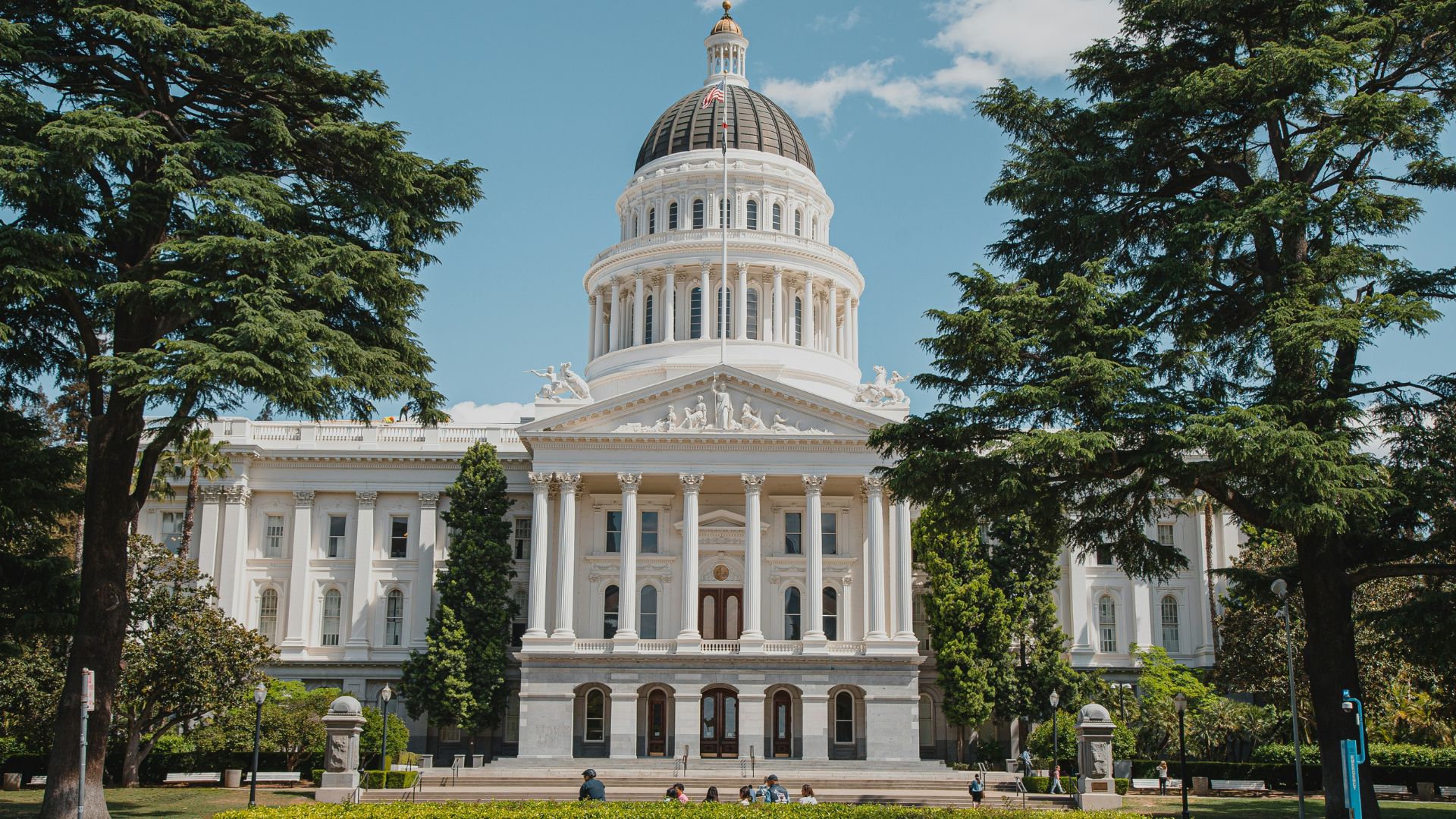
According to California lawmakers, the reparations bill’s initial draft included various aspects that were designed to help eventually form a system that allowed for reparations, or money, to be given to affected Californians.
Now, these lawmakers are explaining that the bill was changed at the last minute — and all because of Newsom.
Narrowing the Proposal
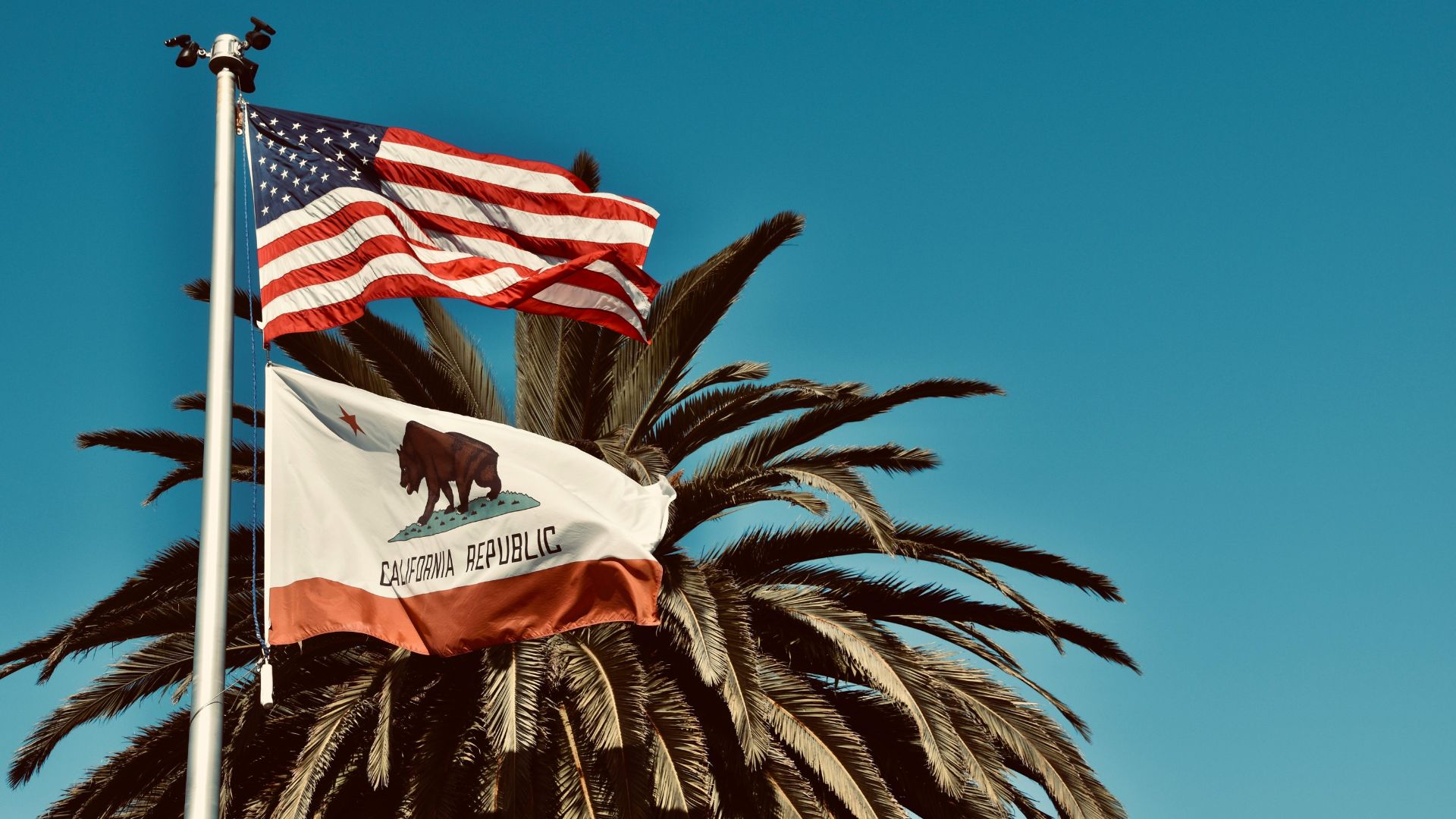
Newsom’s aides reportedly pushed to narrow this bill. As a result, the bill authorizes the study of reparations — and not much else.
According to a draft of the bill, the proposal suggests sending $6 million to California State University to study how to implement reparations policies.
Getting Rid of the Bill’s Core Issue
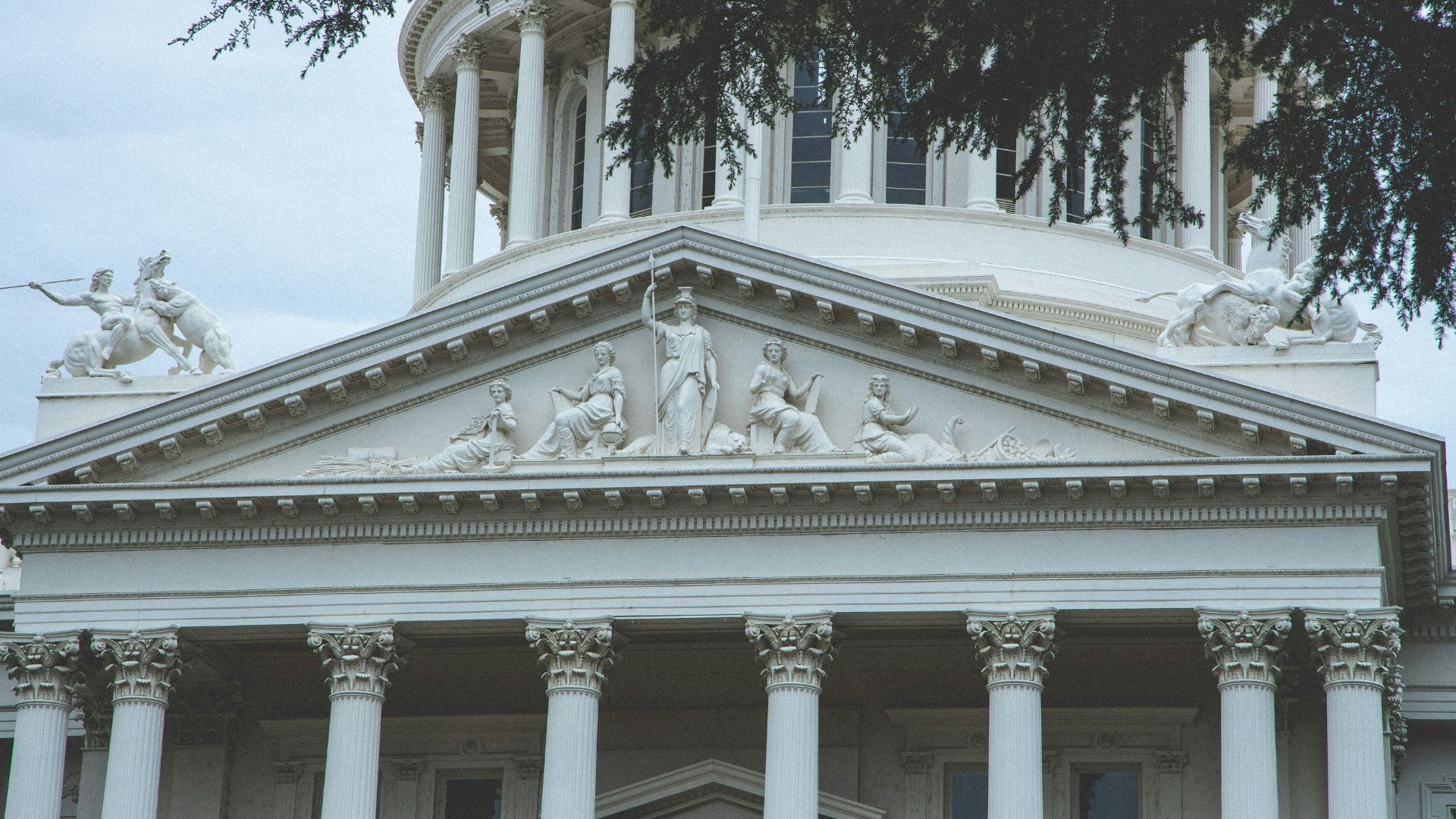
Because of these changes made, the bill’s initial core purpose has been completely removed.
The bill was initially designed to create the formation of a new Freedmen Affairs Agency, which would begin finding the best way to create a reparations program in the state. Now, this agency’s formation is removed from the bill.
Lawmakers Point to Newsom

Many activists — including those who have long fought for and supported this bill — were stunned by these last-minute changes.
Various lawmakers, most notably Democratic State Senator Steven Bradford, have blamed Newsom for this narrowing of the bill.
Why Newsom Made These Changes
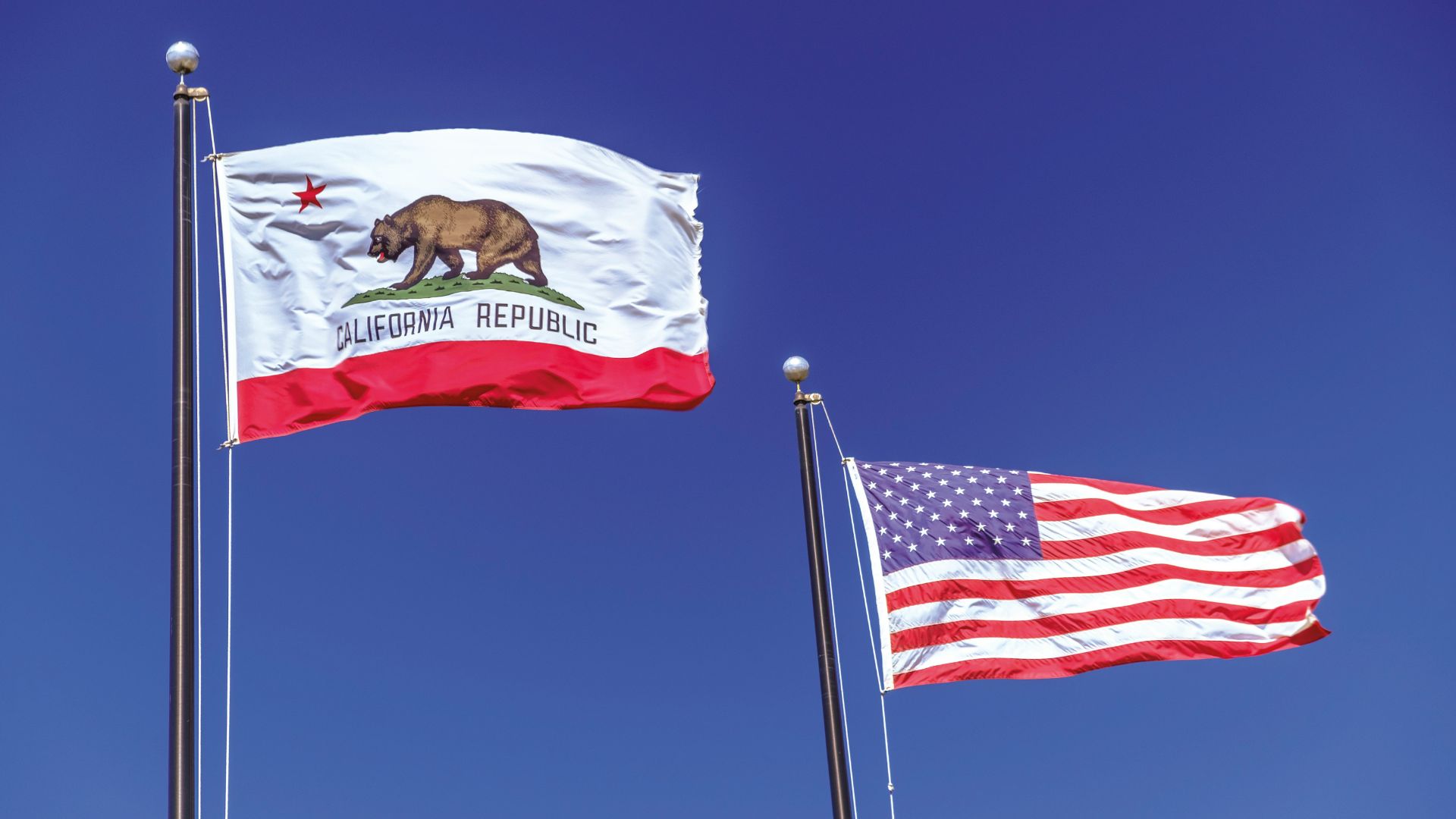
Bradford told reporters that the bill’s new draft came from the governor’s office.
These key changes were apparently made because of cost pressures seen during this year. Newsom has had to work with various lawmakers to ensure that billions were trimmed from this year’s budget. It now appears that the reparations bill is one issue that has been trimmed.
Newsom’s Response

While Newsom’s office wouldn’t answer any questions about the changes this bill has seen, spokesperson Izzy Gardon said that Newsom has “been working collaboratively with the Legislative Black Caucus on their reparations package.”
The governor’s office also pointed reporters to a statement Newsom gave back in January during budget talks.
Refusing the Governor’s Amendments
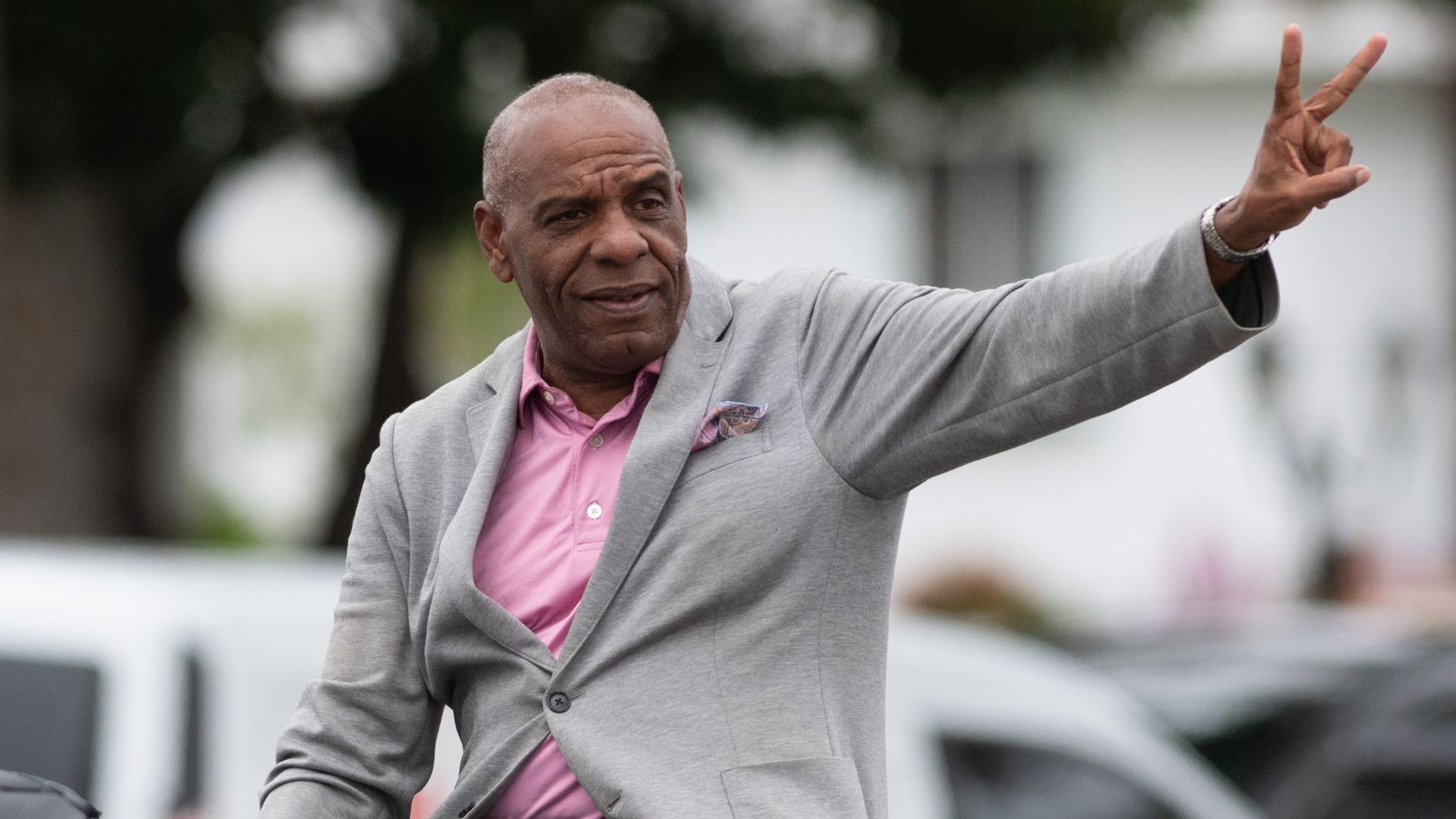
Bradford has revealed that he refused to accept Newsom’s amendments to this reparations bill.
The state senator also said that he worried that the California Legislative Black Caucus felt they had to shelve these bills, and he disagreed with their decision to “only hold them now because of the possible concerns that have been expressed by the administration.”
Wanting to Move Forward
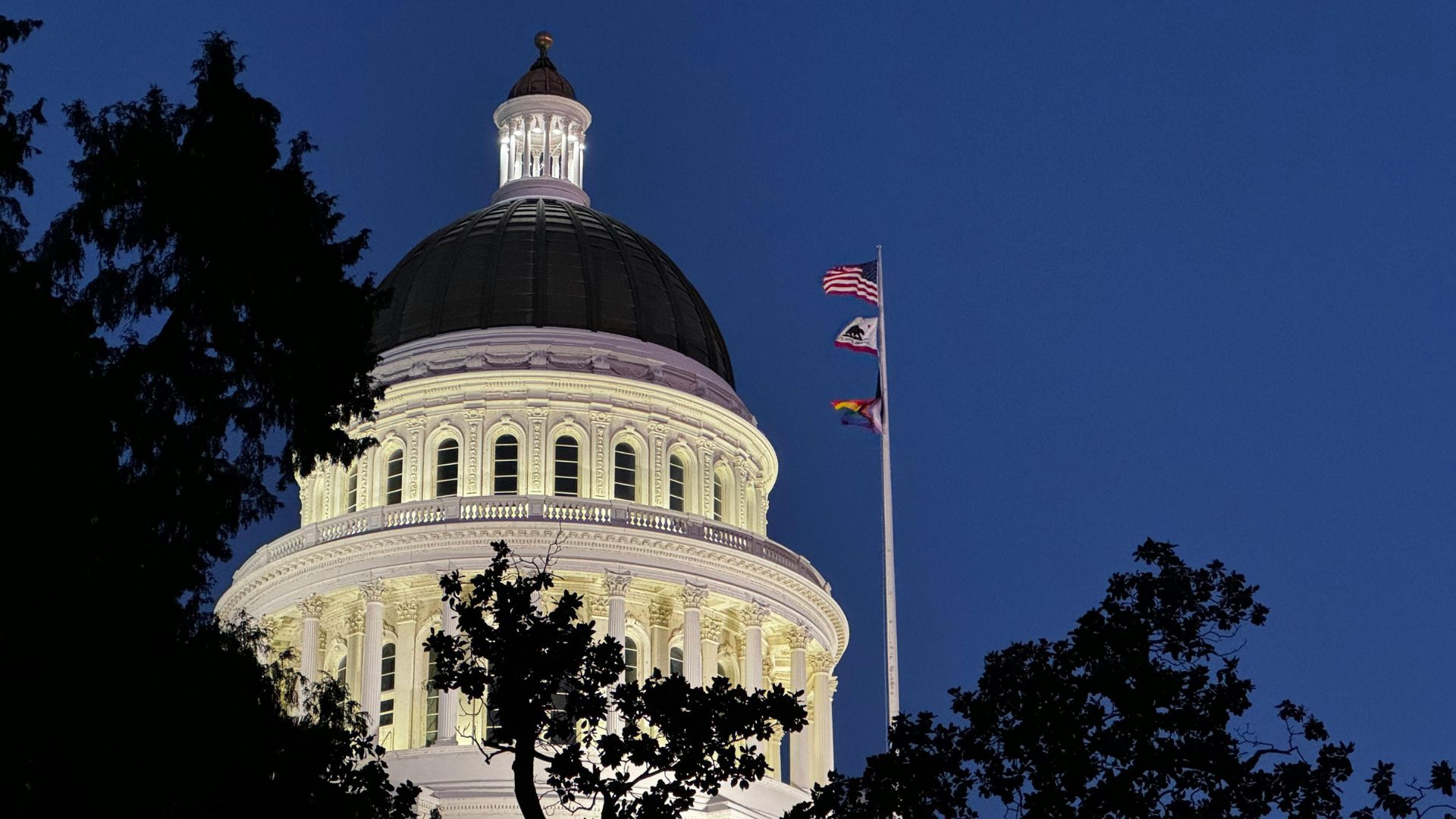
Bradford stated that while challenges may have been issued against these bills, they still should have moved forward.
“You hear challenges on every piece of legislation,” Bradford said. “That doesn’t mean that you don’t move forward with it.”
Denials Are Issued
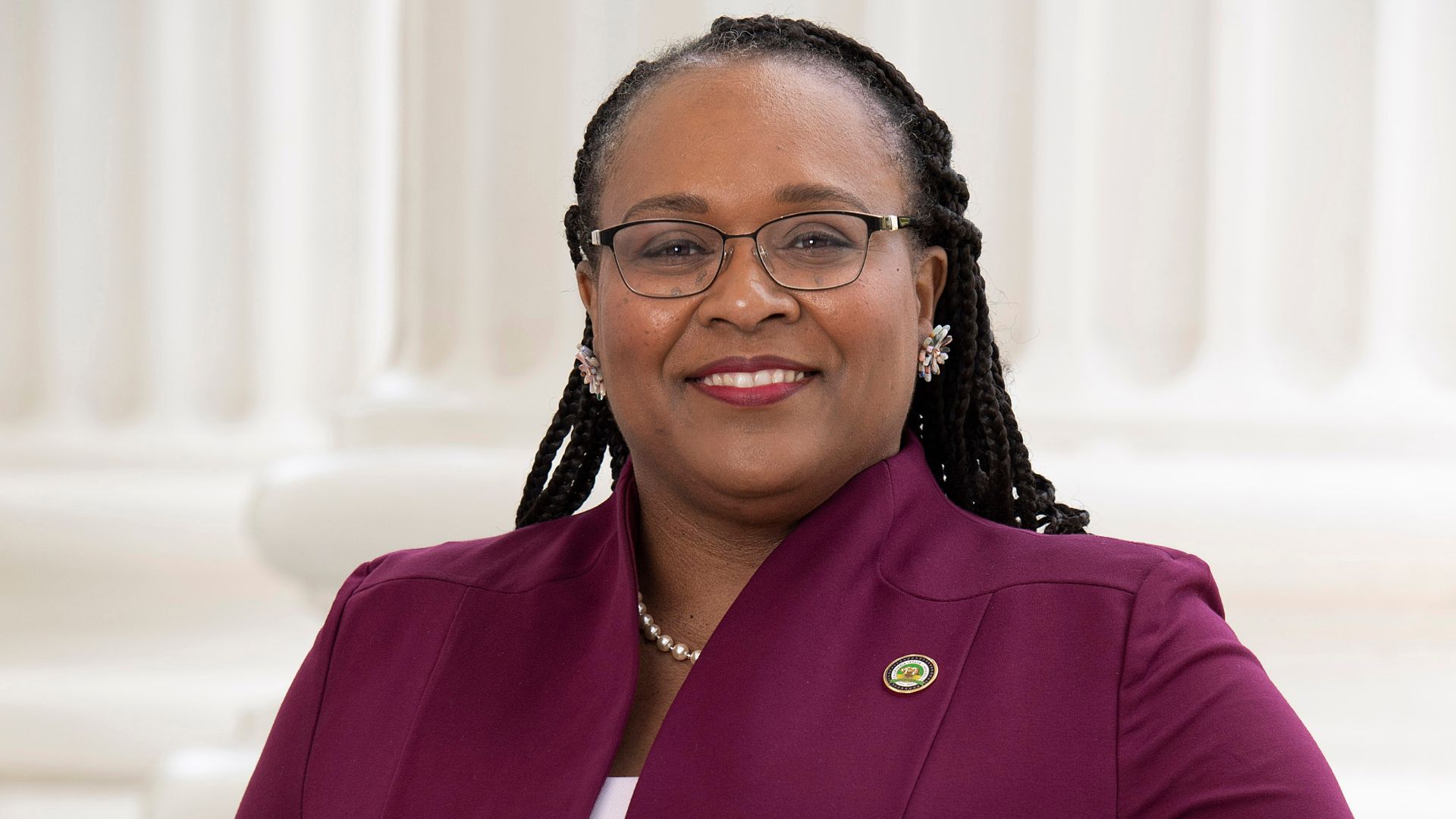
Meanwhile, Caucus chair Lori Wilson has admitted that the governor’s administration wanted changes done to the bill.
However, Wilson also denied that Newsom tried to completely change a bill about creating a new agency into something else entirely. She denies this happened.
Backing Newsom
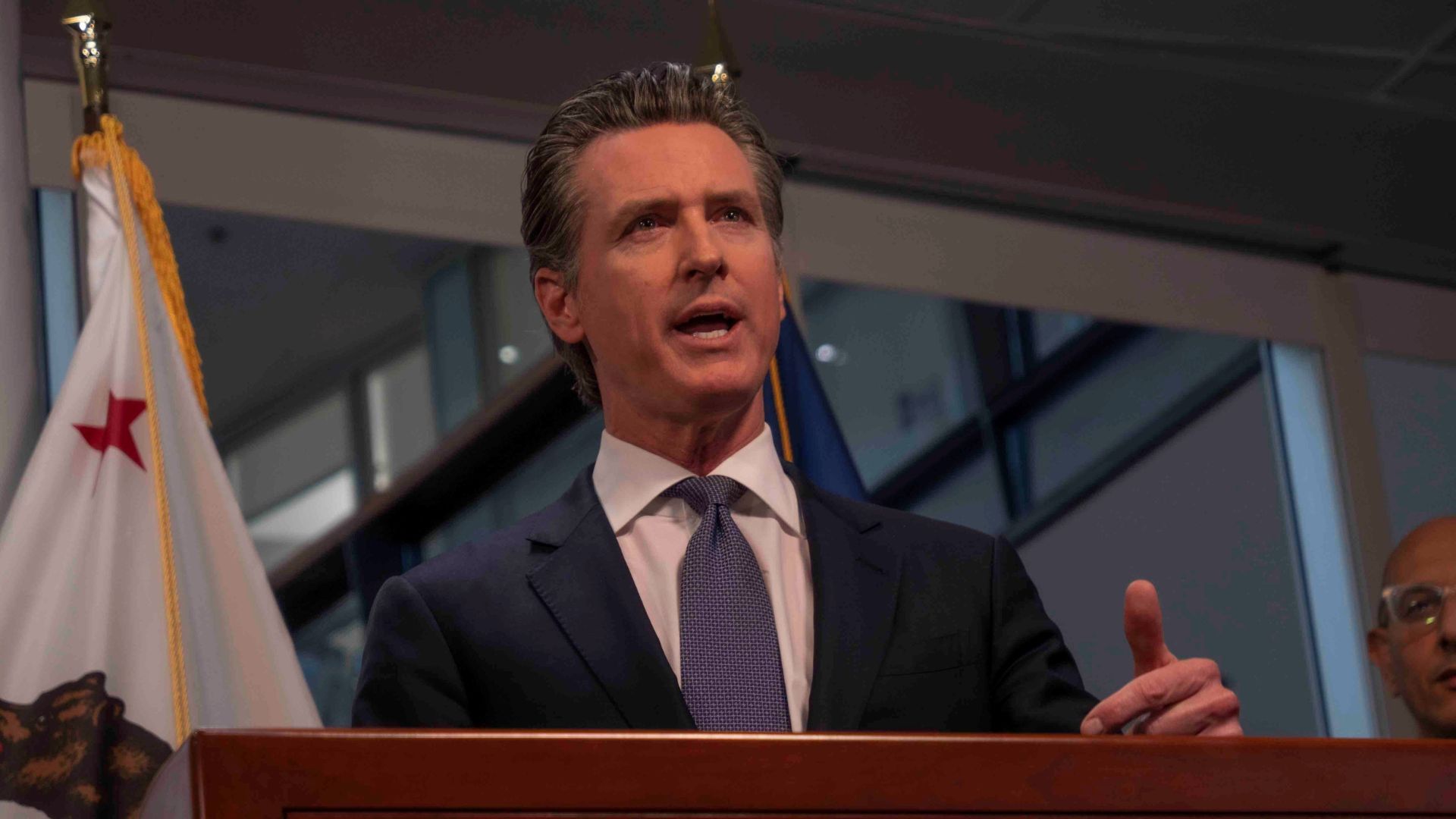
As many people, even former Newsom allies, have turned against the governor on this issue, Wilson has backed him.
“That is not true,” she said. “It’s unfortunate that that information was put out there. There was no way, shape or form that the Newsom administration recommended further study.”
California’s Reparations Bills
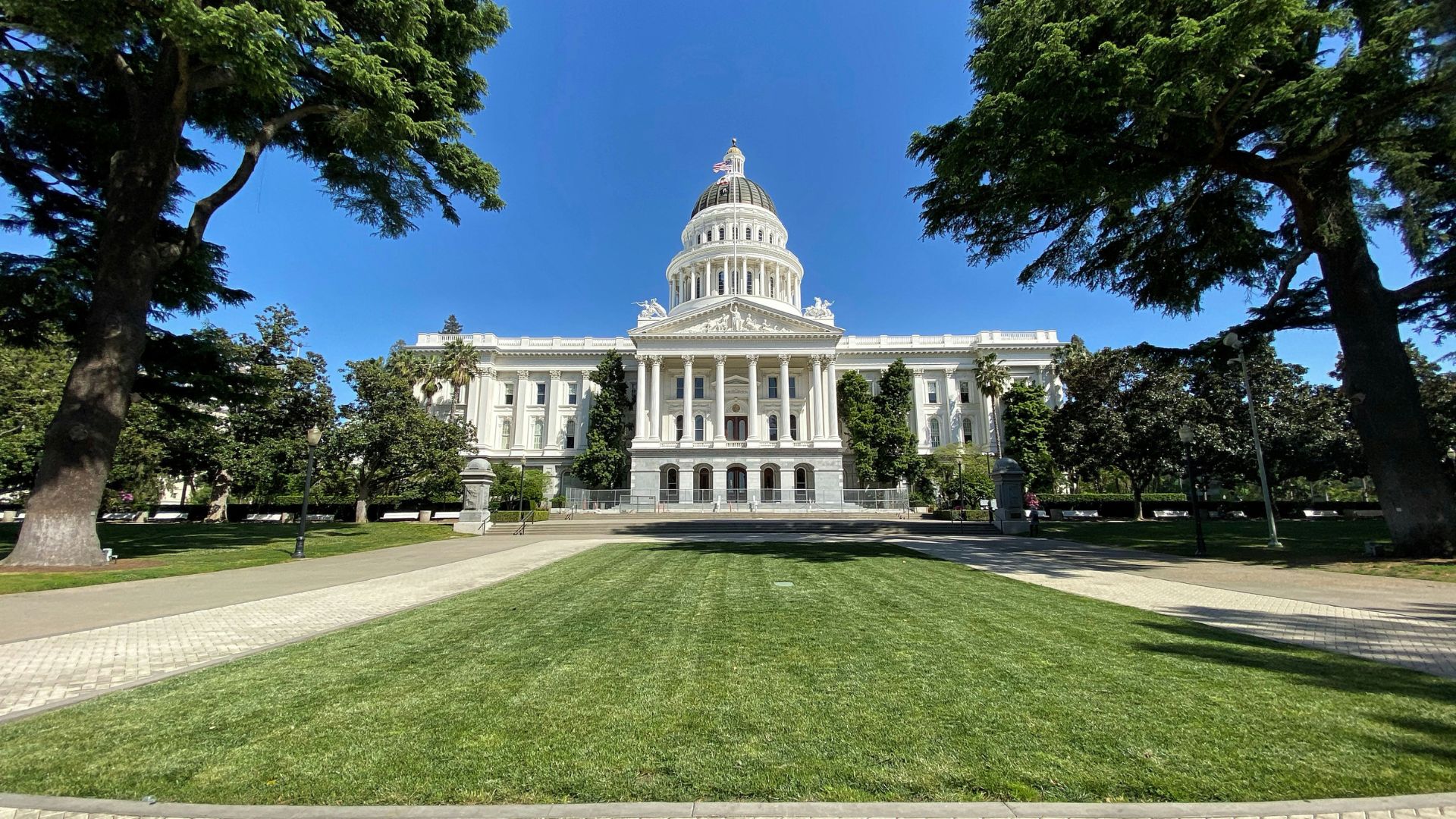
Various reparations bills have already been passed by the Legislature this year in California.
One bill includes forming a process to help Californians who had their land stolen from them through eminent domain in the past. Meanwhile, another requires California to formally apologize for discrimination, racism, and slavery.
